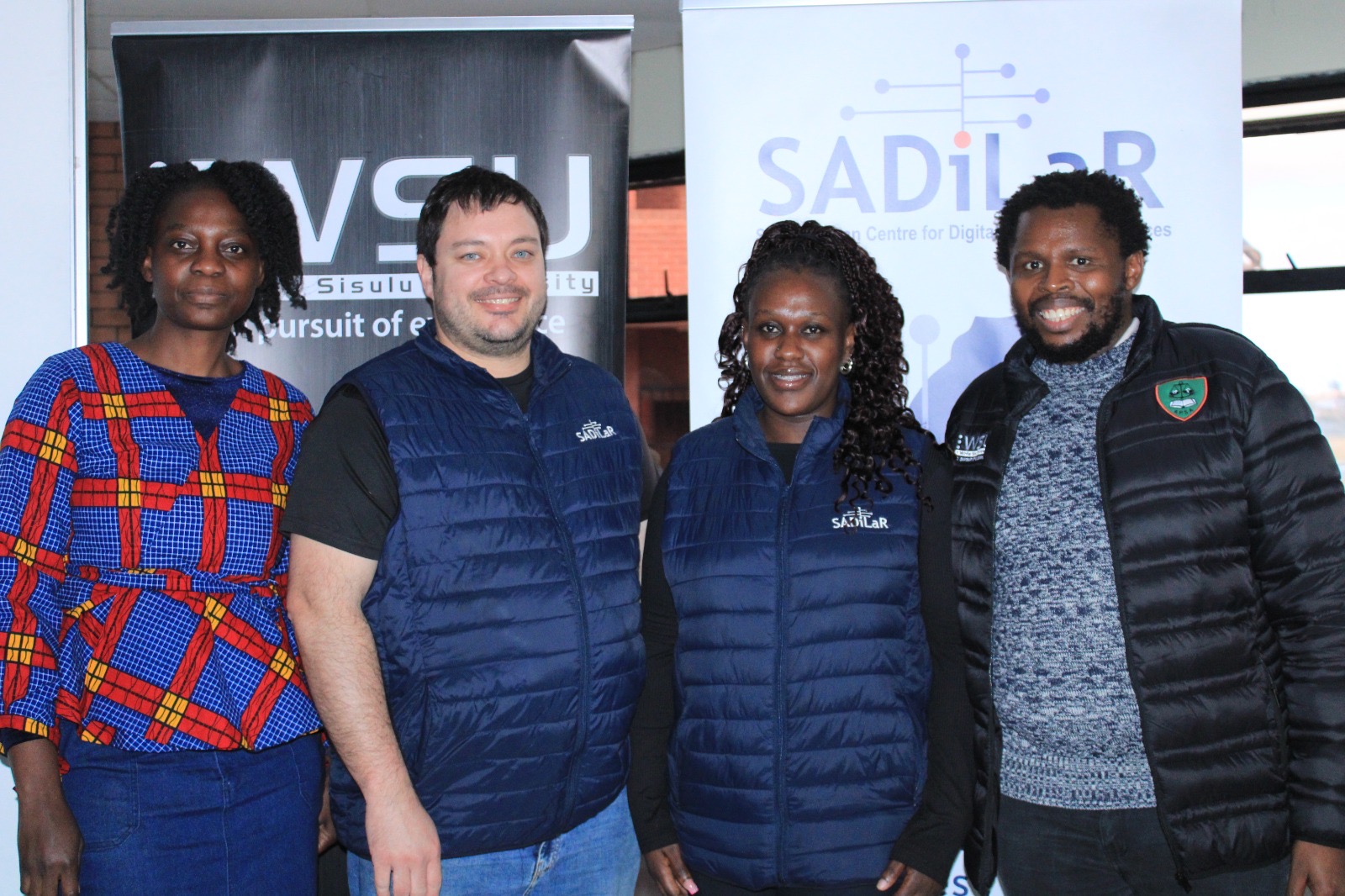WSU and SADILAR TO DIGITISE EASTERN CAPE CULTURAL TREASURES

The Department of African Languages and the Department of Arts are embarking on a digitalisation project with the South African Centre for Digital Language Resources (SADiLaR) to preserve the rich history of Walter Sisulu University (WSU) and the Eastern Cape (EC) at large.
“We initiated this project with SADiLaR because we found a lot of rich history of the EC within the walls of the university that we felt it needed to be preserved for generations to come,” said Languages and Indigenous Knowledge Systems Manager, Sinoyolo Nokutywa.
The project will see the conversion of physical documents, manuscripts, and artifacts of WSU and EC into digital formats to ensure the long-term preservation and safeguarding of delicate items.
According to Nokutywa, this will be beneficial for the development of an online repository where researchers, students, and the public can access and explore historical materials to learn to support academic research and scholarship related to the history and culture of the Eastern Cape.
“We are now taking our history to the digital to make sure that it is accessible to the world for it to know who we are and what we are doing. For me, this is a foundation of who we are, and we cannot stand and let our history be discarded.”
Amongst the items to be digitalised is the history of the former Transkei and how Chief Kaiser Daliwonga Mathanzima played a key role in the establishment of University of Transkei after debranching it from the university of Fort Hare.
The items also include letters and minutes of the Moravian Church, the tapes of Prof Masilo Lamla’s research projects with amaGqirha, and the 3000-piece Joan Broaster Beadwork collection.
“When you look at the history of the people of the Transkei and black people, you’ll see that much of our history has been diluted or forgotten, leaving us disconnected from our roots. This makes it essential for us to preserve our history and tell our own stories, so we can reclaim our identity and pass it on to future generations,” said Nokutywa.
Nokutywa referenced the tale of the cow prophecy alleged to be made by Nongqawuse as an example of how diluted history has impacted important narratives, leading to ongoing debates within the Xhosa community.
“Our history has often been distorted or diluted due to colonisation and external influences. By telling our own stories, we ensure that our narratives are accurate and authentic, reflecting our true experiences, values, and perspectives.”
Nokutywa hailed the efforts of Dr Jongikhaya Klaas, who became the first native to narrate the story of the EC through his book titled “Triangle of a Hundred Years War.”
By Ongezwa Sigodi
